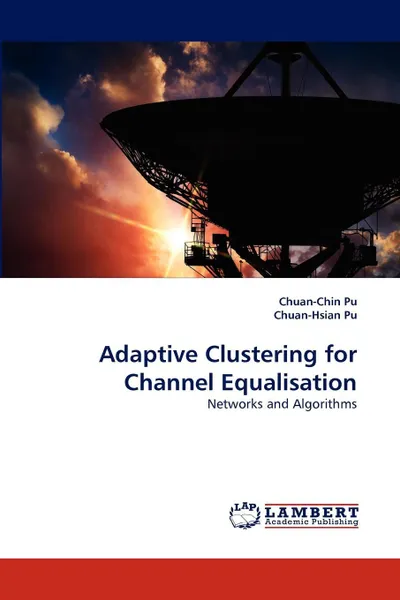Adaptive Clustering for Channel Equalisation 12+
Автор: Chuan-Chin Pu
2010
120 страниц
Категория: Научная литература
ISBN: 9783838320144
Язык: Английский
🔖 Digital communications over bandlimited channels often encounter the problem of intersymbol interference (ISI), which can degrade signal quality down to an unacceptable level. As such, a channel equaliser is usually used at the receiving end to mitigate the ISI. This book presents study of adaptive channel equalisation based on soft- computing techniques. The main types of equalisers considered in this book are based on fuzzy neural networks (FNNs) and radial basis function networks (RBFNs). The training procedures used to adapt the networks include back propagation (BP) for FNN, and a combination of unsupervised (K-means) and supervised (Least mean square, LMS) learning for RBFN. Minimal resource allocation network (MRAN) is also discussed. The performances of the RBFN and FNN- based equalisers are evaluated by comparing with the conventional linear transversal equaliser (LTE) and the multilayer perceptron (MLP) based equalisers. Simulation results are included to demonstrate the performance of each network and algorithm.
Мнения
